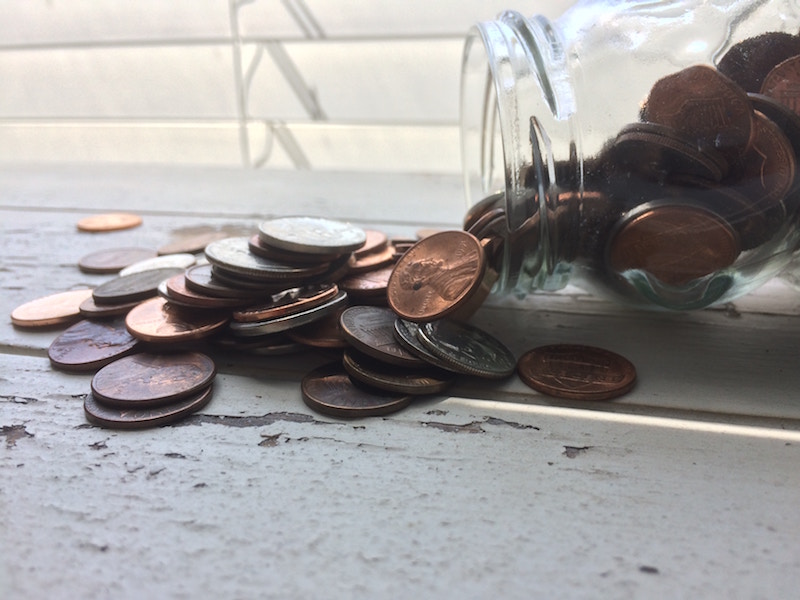First time homebuyers tips help you to be prepared before closing but as importantly, AFTER you are pre-approved for a mortgage. In fact, buyers ruin their chances of closing by making simple mistakes once they hear the word “approval” from the mortgage broker. These are some of the most common mistakes people make and most importantly explain what NOT to do as the best First Time Homebuyers Mortgage Tips.
Do Not Start a New Job (please!)
While it is not the most important item for getting a pre-approval, job history and length of time at your present employer is vital to getting approved as a First Time Homebuyer.
If you have been at your current job for more than 2 years, wait until the mortgage is closed before choosing to switch to another company.
Do NOT Purchase a New(er) Car (I beg you!!)
It is so easy to understand the temptation to buy a vehicle after getting a mortgage pre-approval. Most people are a bit nervous and are filled with excitement when they learn they are pre-approved. If their credit and income are good enough to buy a house, then surely it is good enough to get a great deal on a car, right?
The pre-approval issued by the lender was determined by the current level of debt and income at the moment the person applied for the home loan.
It is best to wait until the loan has closed before trading up on your vehicle.
Do NOT Make a Late Payment on ANY Existing Debt
As previously stated, the pre-approval is determined by a snapshot of your credit at a particular point in time. The track record that you have is documented by the credit report used for your approval. The majority of lenders will request a new credit report for you approximately one or two days before the loan closing. Any late payment that shows up could be a red flag to the lender and cause them to turn down the loan.
So, to be safe, make all payments on time while waiting for the lender to finalize your loan.
Avoid Any Unusually Large Deposits
The best First Time Homebuyers Mortgage Tip is that your credit report shows a track record of your payments over time, your bank account also has a track record. The mortgage underwriter will review your checking and savings account to see if there are any larger-than-normal deposits in the months leading up to the purchase. Avoid any large deposits that do not coincide with your normal banking habits.
Do NOT Open a New Bank Account
We previously mentioned that you should not switch jobs or add any new debt. The theme is consistency and this point fits within that theme.
Whether you have used your current bank for 6 months or 6 years, it is best to stick with that bank until the loan closes. Opening up a new account creates questions among mortgage lenders. They wonder if you are trying to hide funds in one account or if you have unrecorded debt obligations that are going to be facilitated with the new account.
Buying a home can be exciting but also stressful. Getting the utilities switched to a new address, changing the address and hiring the movers can all take time and some funds. While you may have saved up a nice nest egg to prepare for the home purchase, don’t spend all of that money.
The estimate provided to you for the closing is just an estimate. Things like property taxes, homeowner’s insurance, and other costs can creep up and cost a bit more than anticipated.
Do NOT Close Out Any Debt Account (First Time Homebuyer 101 tip)
It is usually a good idea to pay down debt and close the account, whether it is a credit card, furniture account or local store account. Keeping your debt as is until the mortgage closes, is key here.
Closing out a credit card, for example, may lower your credit score. Remember the pre-approval is a snapshot in time. Keep the picture the SAME as at application time.
The bottom line, leave all accounts open for the time being.
Do NOT Agree to Co-Sign on a New Loan
As mentioned in the First Time Homebuyers Mortgage Tips, borrowers should avoid any new debt, especially in the form of buying a new car. This is also true for other new debt such as new credit cards, new furniture accounts or an unsecured loan. This is especially true for being a co-signor on a loan.
If your mortgage broker told you that you were approved for a mortgage, do not co-sign for a friend or relative. Becoming a co-signer makes you 100% responsible for the new debt, regardless of the good intentions of your friend or relative. This one area is a big no-no for potential homebuyers.
Do NOT Ignore Requests from Your Broker ;)
Think of a lender as a person very similar to you, they are merely trying to do their job. In this case, their job is to help you the First Time Homebuyer.
Sometimes a mortgage underwriter will ask for very specific things. It is not uncommon for an underwriter to request documentation supporting a sale of a car, major change in job or explanation for one missed payment from 14-36 months ago!
If your broker contacts you and asks for some type of document or explanation, be prompt and thorough in providing the answer. Your entire loan could hinge upon this one item and you don’t want to get rejected because you could not find the time to respond to the lender’s inquiry.
Summing Up What Not To Do Before Closing on a House a First Time Homebuyers Mortgage
After you have received your mortgage pre-approval, continue on with your life as if nothing has changed. Keep making payments on time, don’t close out any accounts and don’t add any new debt. Along with the other suggestions above, this should keep you prepared and ready for closing day and a master at First Time Homebuyers Mortgage Tips.








